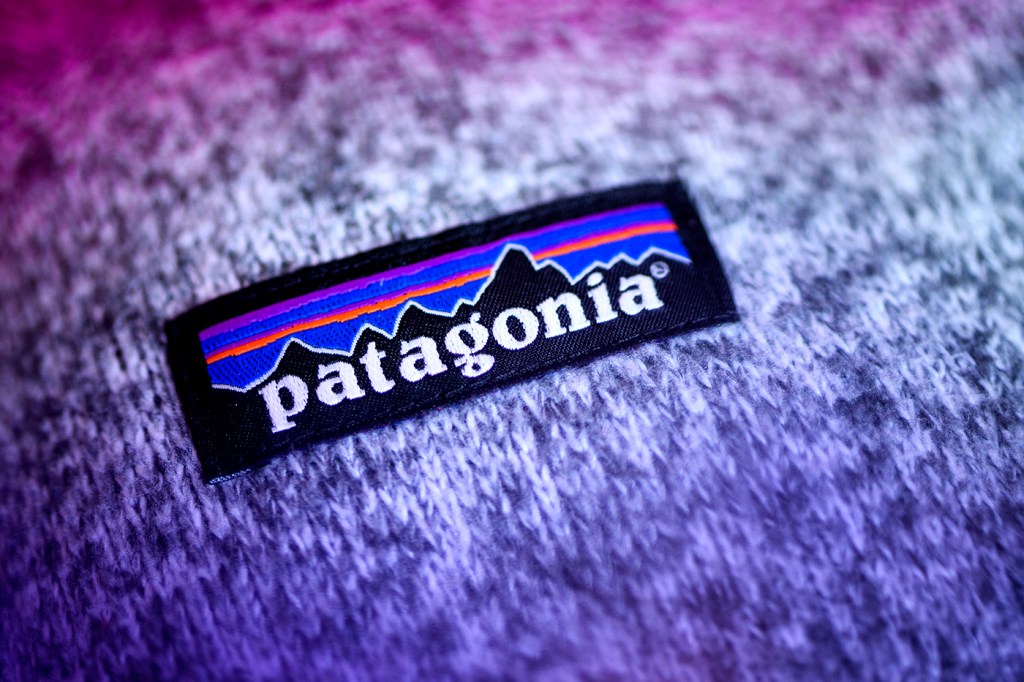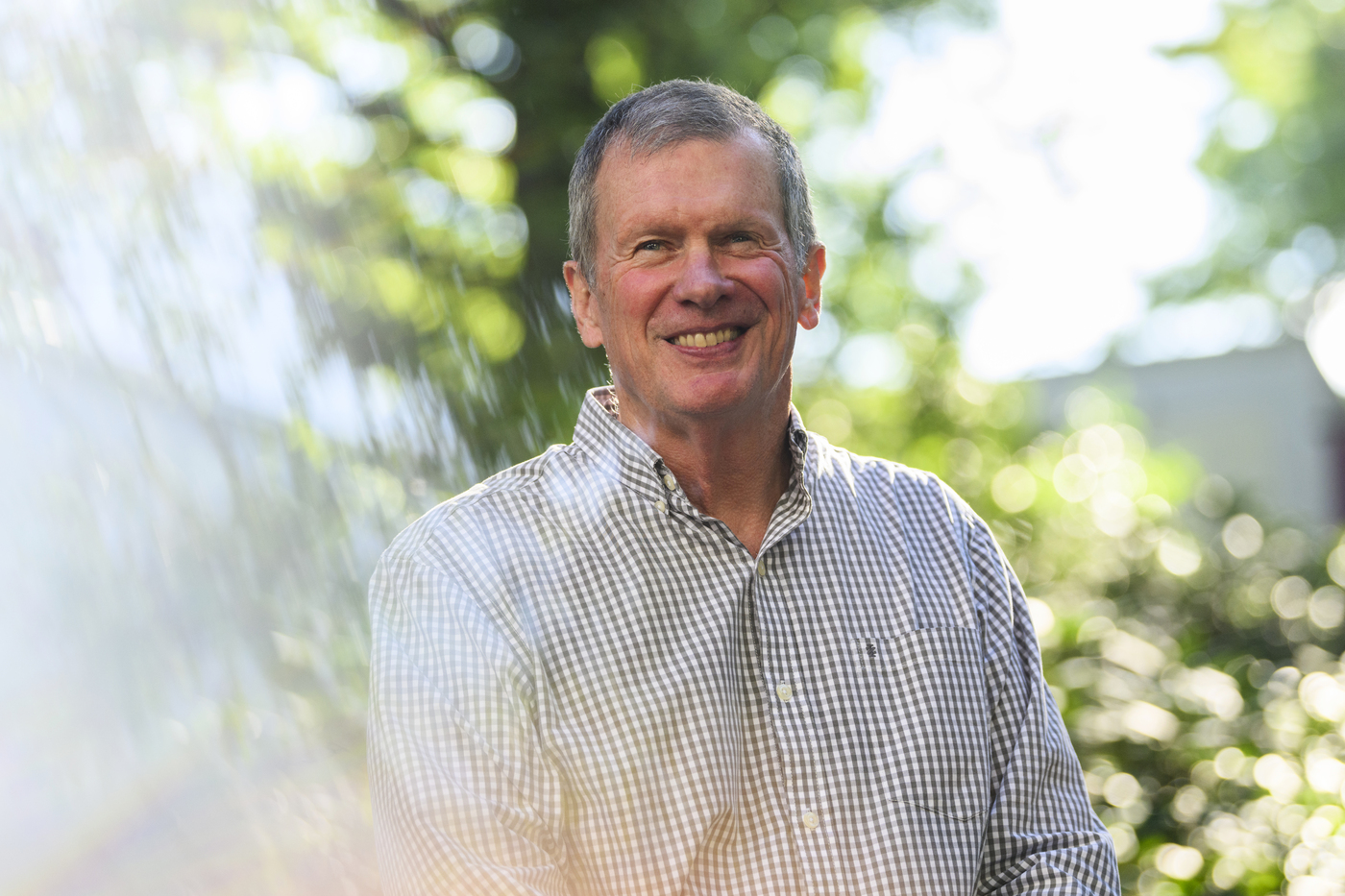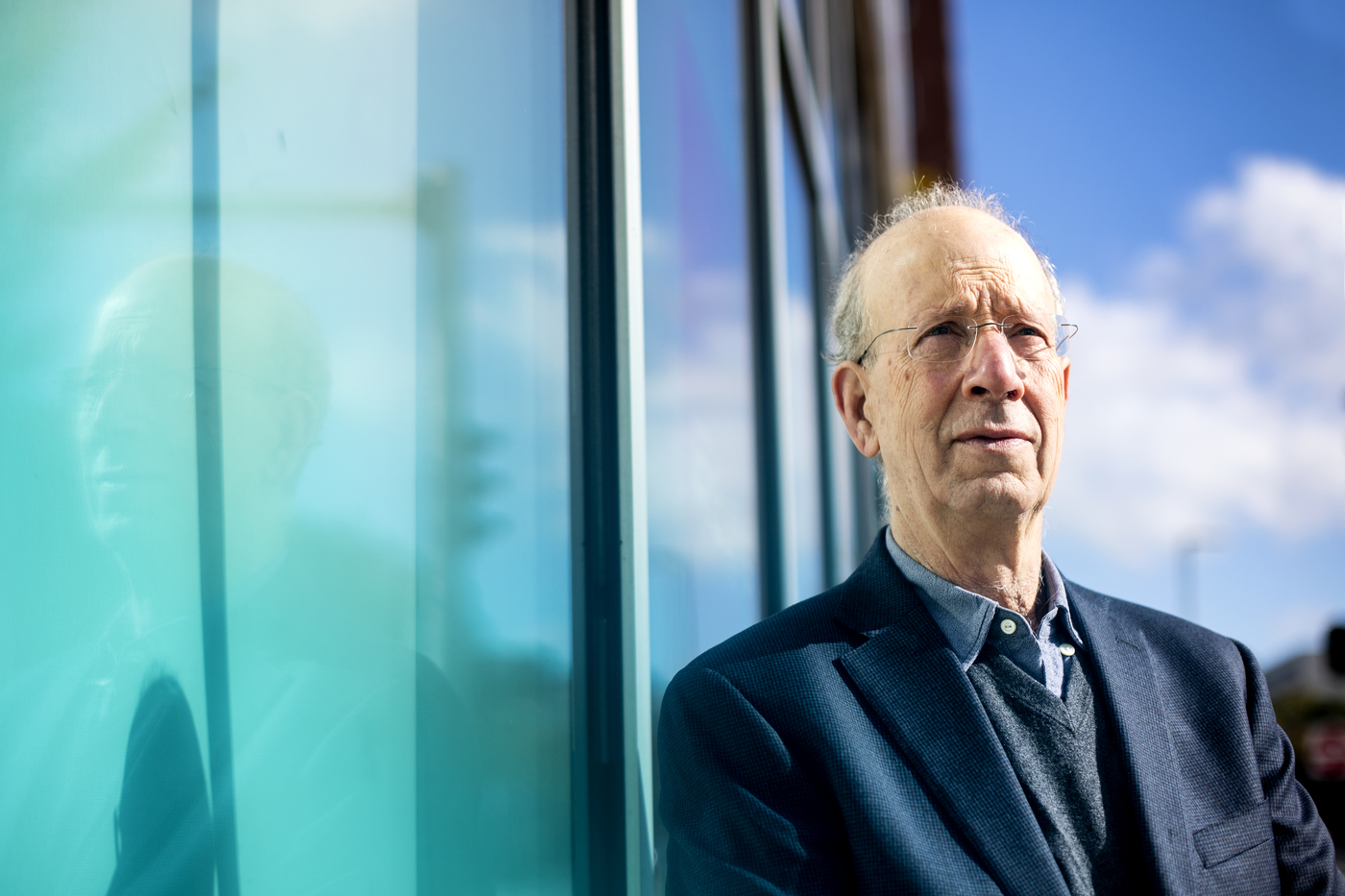The founder of Patagonia gave away his company to fight climate change. Is that really as good as it sounds?

Last week, Yvon Chouinard, founder of the multi-billion-dollar clothing brand Patagonia, announced he was doing something different with his company: giving it away.
Chouinard and his family transferred the entirety of their ownership of the company to both a newly designed trust and a newly created nonprofit. The Patagonia Purpose Trust will maintain the company’s “socially responsible business” approach, while the Holdfast Collective, a new nonprofit, will use company profits to fight climate change.
“We are going to give away the maximum amount of money to people who are actively working on saving this planet,” Chouinard told the New York Times.
Chouinard’s decision has been widely praised, especially at a time when the environmental impact of billionaires and corporations has never been clearer. Although there is reason to be optimistic, the real impact of the rock-climber-turned-billionaire’s decision is questionable, says Phil Brown, Northeastern University distinguished professor of sociology and health sciences.
Given Chouinard’s unique background in the world of business, the extent to which his decision will lead other companies to take a similarly proactive environmental approach is unclear.
“I think we need to have a lot more people with that level of money saying that climate change is the number one problem that we face,” Brown says. “Certainly because of [Chouinard’s] outdoors approach and appreciation it’s a logical fit. You’re not necessarily going to find a big furniture manufacturer having the same feelings. … At the highest levels the biggest companies are not usually going to be the ones that do the right thing.”


Even when a company does “the right thing,” it doesn’t mean that company is a beacon of ethical behavior in other areas. The prospect of ethical or responsible capitalism is dicey, at best, Brown says. In a sense, Patagonia is an outlier.
In recent years, Walmart has taken steps to increase sustainability among its suppliers and decrease the number of products with PFAS chemicals, also known as “forever chemicals.”
At the same time, the company has been repeatedly criticized for how it treats its workers.
“Look at the Robert Wood Johnson Foundation, which supports a lot of really great research,” Brown says. But it’s money from Johnson & Johnson, which denied the cancer-causing effect of their talcum powder through decades. You’re always going to find some kind of disjunction between what the company does and the rest of its life.”
Some people have also cited the potential $1 billion in taxes that Chouinard and his family will avoid paying due to the structure of U.S. tax law. The Times reports that the Chouinards will have to pay $17.5 million in gift taxes for transferring their 2% voting stock to the trust. However, they won’t pay an estimated $700 million in capital gains taxes for the accrued value of the stocks. They also won’t pay anything on the other 98% of Patagonia shares they donated to the 501(c)(4) nonprofit they created.
Ted Clark, executive director of the Northeastern University Center for Family Business, says focusing on the family’s tax savings is “missing the forest through the trees.”
“Their intent was much bigger than tax savings,” Clark says. “They were going to have to work on saving taxes no matter what they did, so I look at the tax issue and say, that’s a structure of the law. They worked to minimize that, but they’re going to do some good for, hopefully, humanity.”
However, the decision to “give away” Patagonia could result in some “unintended consequences” for the business itself.
Clark says dividing ownership and management of the company between a trust, the beneficiaries of the nonprofit and existing executive staff could create potential conflict down the road.
“It could set up a dichotomy between the managers of the business and the nonprofit organizations that will be looking for dividends,” Clark says. “The motivation of these two groups could be very diametrically opposed.”
“As my grandmother said, ‘The road to hell is paved with good intentions,’” he adds. “There will probably be some unintended consequences between the new managers and the recipients of the profits and dividends. They’ll want more––they’ll always want more.”
It’s still unclear if the Patagonia news will be a bellwether for the future of corporate sustainability. Brown says the trend must start with public policy. Corporations are unlikely to change on their own, but large scale federal incentives like the Inflation Reduction Act can help move the needle. The legislation, which Congress approved last month, has been called the most significant piece of climate policy passed in U.S. history. It includes measures like clean energy tax credits, electric vehicle incentives, corporate methane fees and domestic clean energy manufacturing, all aimed at reducing carbon emissions by 40% by 2030.
“Instead of only saying ‘no’ to things, [the Inflation Reduction Act] says, ‘yes’ to lots of things,” Brown says. “We still need regulations, and we still need carbon taxes and other kinds of things. … But I think creating those incentives is very important.”
For media inquiries, please contact Ed Gavaghan at e.gavaghan@northeastern.edu or 617-373-5718.






